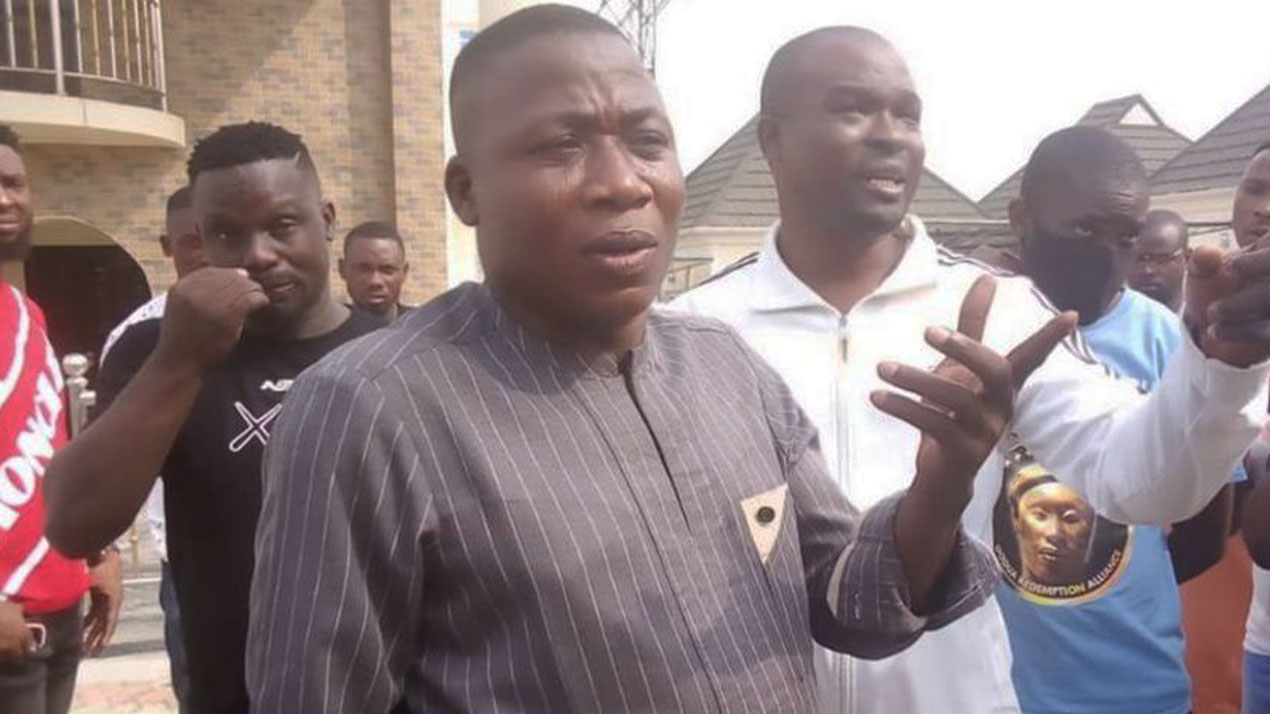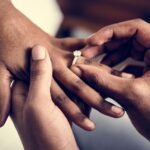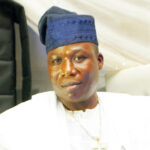Fortuitously I was in Lagos when the news came through that Sunday Adeyemi aka Sunday Igboho had announced the secession of the South West region from Nigeria and christened it the Republic of Oduduwa in honour of the mythical progenitor of the Yoruba people of the South West.
My friend and host Olalekan, who was outraged by the news snorted “Wo Gadu, ignore that Ibadan boy jare!” he said of Igboho. When I reminded him that Igboho was actually from Oke-Ogun not Ibadan that seemed to outrage him the more; “I don’t bl**dy care whether he is Ibadan or Oke-Ogun’’, he blurted out rather vehemently. “Sebi he has tribal marks on his face?’’, he asked rhetorically. “What I mean is that illiterate has no mandate of the entire Yoruba people to do what he did. Certainly not for us Lagosians and for that matter the people of Ogun State. For a matter of this magnitude and sensitivity we Yorubas do not lack personalities that can speak on our behalf when we get to that stage. It cannot be the likes of Igboho that will lead us into this kind of dangerous trap,’’ he lectured.
Festooned with amulets and charms of various kinds, Sunday Igboho cuts the image of a nineteenth century Yoruba Generalissimo. I can say he looks a combination of Basorun Latoosa of Ibadan, Ogedengbe of Ijesa and Fabunmi of Ekiti, all of them famed warriors and principal characters of the internecine wars that gripped Yorubaland for 16 brutal years in the second half of the nineteenth century until it was stopped by the British in 1866.
In deciding to take the action he did, Igboho probably thinks he is a reincarnation of them because each one saw himself then as defending his people from oppressors. Sure enough Igboho justified his rather quixotic stance as defending the Yoruba of the South West from what he and his ilk consider the invasion and siege from Fulani herdsmen.
But the Kiriji wars of the nineteenth century Yorubaland have long faded in the consciousness of generations of Yorubas now although some of the scars still remain. Yorubas are an important integral part of Nigeria and have contributed and still are contributing a lot to the evolution of the country. To detach them from this position which they have laboured to build over the years in the manner that Igboho sought to do will take some doing.
Allowing for some rather vocal minority of people who may support Igboho’s action, the overwhelming majority of Yorubas in the South West will rather react like my friend Olalekan did. And it will be principally because a Yoruba bid for secession from Nigeria if it came to that will be so impracticable that it will not be worth the effort.
To start with while on the surface, Yorubas appear to have a sense of unity, in reality they are so balkanized into fiercely autonomous groups and dialects that on their own the Yorubas will only dissolve back to the status quo ante the coming of the British.
It will be inconceivable for Lagos and Ogun State, as my friend Lekan said, to join the putative Oduduwa republic. The Egba Yorubas, who were worsted during the Yoruba wars of the nineteenth century and fled to found the city of Abeokuta as sanctuary, and the Ijebus of the same state still harbour deep seated ambivalence to the Oyos and Osuns. The Ilorins and Igbominas of Kwara as well as the Okuns of Kogi situated in the Northern region will think twice about being part of an Oduduwa republic that will almost certainly treat them as second class citizens. The Ondos and their nearest kin the Ekitis remembering the legend of Ogedengbe and Fabunmi and their marginalised experience during the defunct Western region will be sure to give the idea of an Oduduwa republic a bum rush which to them will signal a return to the hated status quo.
It, therefore, came as no surprise that Sunday Igboho’s declaration of secession was promptly condemned by Yorubas from these areas.
Arakunrin Akeredolu, the Governor of Ondo State, the Alake of Egbaland Oba Gbadebo, the Awujale of Ijebu Oba Sikiru Adetona, the Oluwo of Iwo, Governor Kayode Fayemi of Ekiti, Governor Makinde of Oyo and a host of leading Yorubas in the country did not need any prompting to give the idea of an Oduduwa republic out of Nigeria a robust ticking off. Apart from abhorring the personality who made the declaration, leaders of the Yoruba South West know too well more than anyone else the impracticality and negative consequences to the Yorubas of allowing the matter of an Oduduwa republic to get out of hand.
But does that mean that Yorubas of the South West cannot continue their well-known and commendable track record of agitation for better outcomes in the country? The answer certainly can only be a resounding no.
Nigeria needs the Yorubas to continue to lead the way in fighting for justice and progress. They have been pioneers and pacesetters in many areas of our national life. I daresay that on the basis of their robust contribution to virtually all aspects of Nigeria’s development, Yorubas qualify to be called the soul of the country without which it is but a shell.
Discerning Yorubas who are in the overwhelming majority know that pulling out of a Nigeria in which they have invested so much in helping to shape will be foolhardy, impracticable and ultimately self-defeating.
For whatever it is worth Sunday Igboho by his action in a way brought attention to the issue of criminal elements among the Fulani herdsmen threatening the lives and livelihoods of communities in the South West which some personalities from the area have found inconvenient to speak out to the authorities. By his ways he has challenged the lethargy and complacency and seeming acts of commission and omission by authorities who ought to check this menace which has encouraged the criminals to carry on with impunity.
Having done all that which has awaken personalities from the South West from their slumber, it is time to pull away from the brink for the sake of Yorubas and Nigeria.

 Join Daily Trust WhatsApp Community For Quick Access To News and Happenings Around You.
Join Daily Trust WhatsApp Community For Quick Access To News and Happenings Around You.


